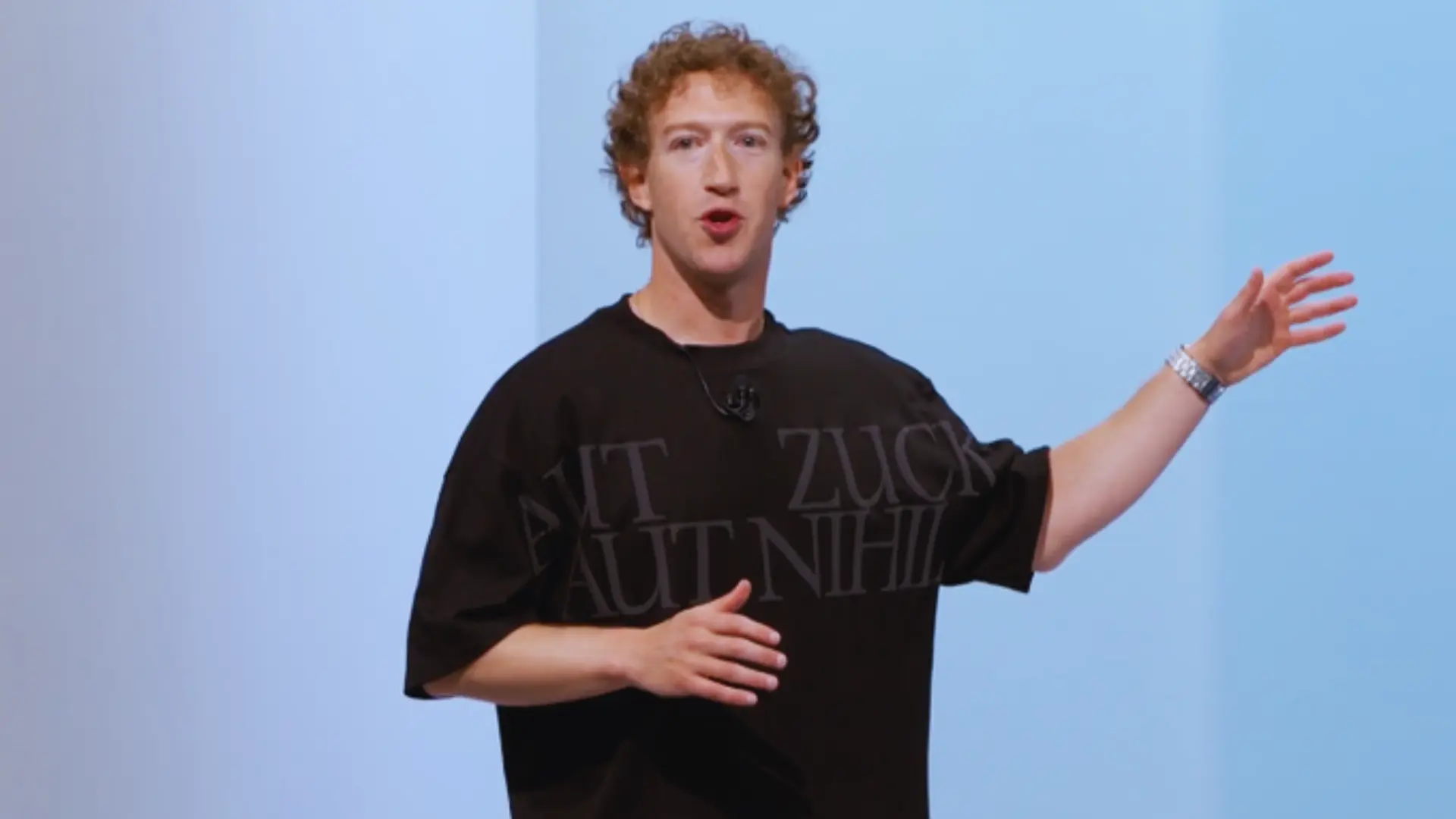Meta, the parent company of Facebook, Instagram, and WhatsApp, has recently announced significant changes to its content moderation policies, stirring up debates and concerns. On Tuesday, Meta outlined updates to its hateful conduct policy and content moderation system, which have far-reaching implications for how content is policed on the platform.
One of the most controversial updates is the removal of restrictions on certain harmful expressions. For instance, users can now refer to women as “household objects or property” and use derogatory language like “it” to describe transgender and non-binary individuals. This change comes as part of Meta’s broader move to loosen restrictions on topics such as immigration and gender identity, thereby allowing more political discussions. The platform has also lifted bans on expressing “allegations of mental illness or abnormality based on gender or sexual orientation,” especially in the context of political and religious discourse around transgenderism and homosexuality.
These updates to the hateful conduct policy are in line with CEO Mark Zuckerberg’s vision of promoting “free expression.” Meta has already stated that it plans to focus more on extreme violations, such as child sexual exploitation and terrorism, while loosening restrictions on other content. Zuckerberg explained that although this approach will lead to less censorship of controversial content, it will also reduce the removal of innocent posts. While Meta assured that attacks based on ethnicity, race, religion, and slurs would still be prohibited, the relaxed rules raise concerns about the spread of hate speech and misinformation.
Another significant change is the elimination of the U.S.-based network of independent fact-checkers. Instead, Meta will rely on user-generated “community notes” to add context to posts. The move aims to empower users and reduce the number of innocent posts being flagged by automated systems. While some support the initiative as a means to foster free expression, others worry that it could lead to the spread of false claims, hate speech, and conspiracy theories, as it loosens the restrictions that previously kept misinformation in check.
These content policy changes come at a time when Meta is trying to re-establish a positive relationship with Donald Trump and other Republican figures. Trump’s endorsement of the changes, coupled with accusations from Republicans that Meta has censored conservative viewpoints, further fuels the debate. Experts are concerned that Meta’s shift could create a more hostile and divisive environment, especially with the platform becoming a breeding ground for viral falsehoods and hate-filled rhetoric.
While the platform has made it clear that certain violations, like targeted bullying, incitement to violence, and hate speech based on race, religion, and ethnicity, will still be subject to moderation, the question remains: how will these changes impact the future of online discourse? Only time will tell how Meta’s new guidelines will unfold and whether they will strike the right balance between free expression and protecting users from harmful content.
ALSO READ: What’s Behind The Seismic Surge? Tibet Endures 20 Earthquakes In Just 24 Hours























